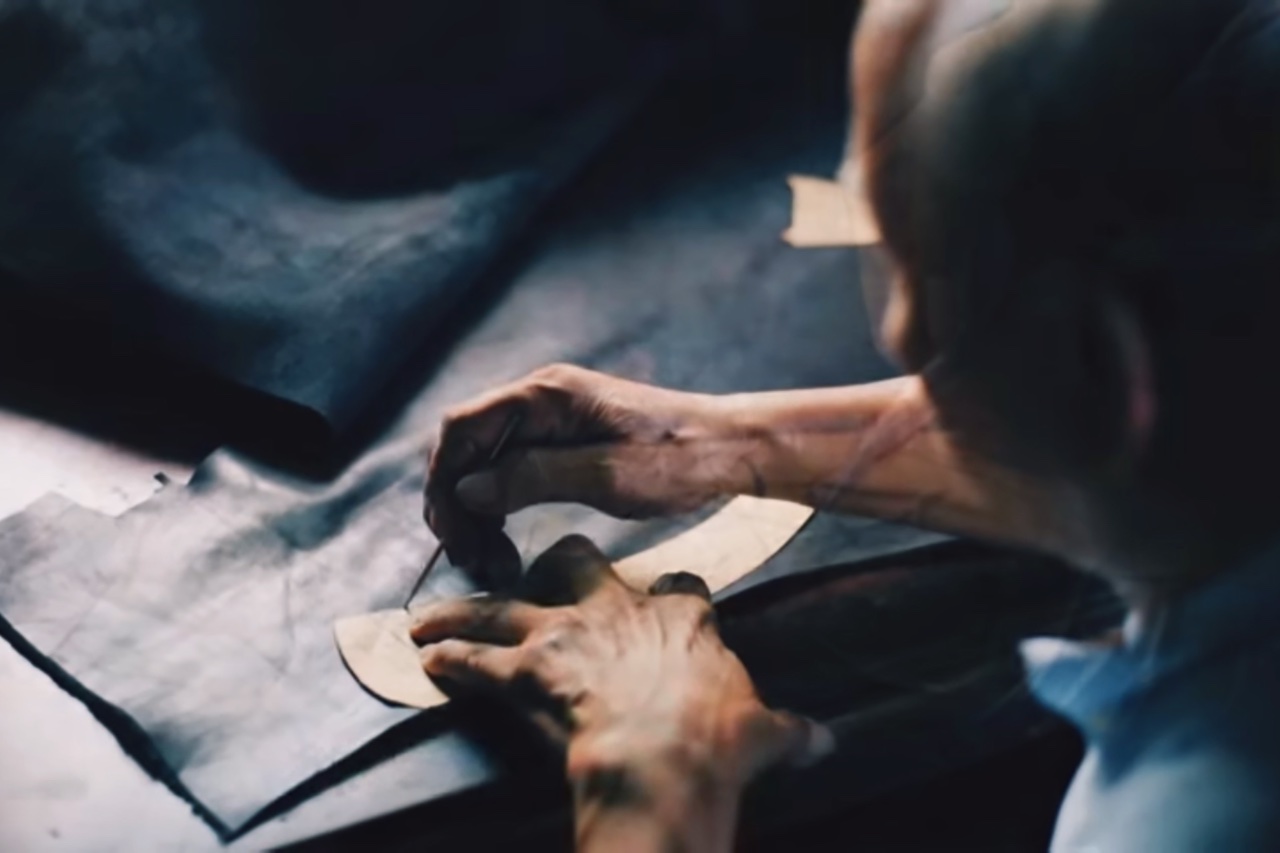Ever See an Artisan Plumber?

As someone who has earned his livelihood as a baker for just about four decades, I’ve seen some interesting trends develop in our trade. One trend has been the increasing use of the term “artisan” by a segment of bakers, as if the term somehow elevates their skill or their product line at the same time as it separates them from some other group of woefully “non-artisan” bakers. Lengthy discussions have taken place about the definition of “artisan bread” and “artisan baker.”
Regardless of the passion with which many bakers stick to their self-definition as artisan baker, a clear and reliable definition of the term remains aloof, and even those who call themselves artisan bakers often have difficulty providing a convincing definition of what, exactly, it means to be an artisan baker.
One of the breads I bake uses excellent unbleached flour to make, first of all, a fragrant, ripe poolish. After attentive mixing of the final dough, with careful focus on water temperature, revolutions per minute of the mixer, and so on, the dough receives sufficient bulk fermentation to develop lovely subtle flavor. Next, the dough is hand-scaled and then hand-shaped baguettes are formed, which rise between folds of bakers linen in a temperature and humidity controlled environment. Once ready to bake, they are cut with precision and care, and the cuts generally open up beautifully; they bake on the hearth and have fantastic flavor.
Am I then, an “artisan” baker?
Don’t leap to conclusions. I take the same dough and use it to make pan loaves. Pan loaves? Such audacity! Well, clearly I must be a “non-artisan” baker if I stoop to that level. Actually, the same dough also makes oval loaves, focaccia, fougasse, rolls, and pizza, so I suppose I must have a terrible identity crisis.
I had an interesting experience several years ago. I was renting a log cabin in the woods of Vermont, a private rustic place. One problem was that the old pipes stained the laundry. I decided to fix things by installing an in-line water filter. I got a good one from the hardware store, shut the water main, used a hack saw to cleanly cut through the pipes, and followed the directions carefully to install the filter. I put an even coating of flux on the pipes, and then used my soldering iron to seal everything tight.
By the time I was done, I had used a massive amount of solder – it looked like dripping stalactites on the roof of a cave. I didn’t care, though; after all, the filter was in the basement and no one would see the poor workmanship. I was proud to have completed the work.
Unfortunately, when I turned on the water main again, a little drip-drip-drip started. No problem. I heated up the soldering iron again and added another wad of solder. Again: drip-drip-drip. After a third failed attempt, I put a bucket under the drip and called the plumber.
He arrived next day, and fortunately I was at work.
My wife led him to the basement. He looked at my work, walked around to the other side and looked again. His shoulders sagged, he began shaking his head.
“He don’t know what he’s doing,” he said to my wife.
“He’s a really good baker,” was her cheery response.
“That’s a good job for him,” said the plumber.
When I got home, I checked out the basement. He had made the connection cleanly, with a thin even bead of solder, and, of course, there were no drips. I was impressed with the skill and minimalist perfection. In a cardboard box he had left my pile of solder, intentionally I’m sure. What an eyesore.
Recently, after reading once again about the presumed superiority of “artisan” bakers, I thought of that episode with the water filter, and my dismal failure, and the clean work of the trained plumber. I wondered if there is a hierarchy in the world of plumbers (or electricians or countless other trades), a pecking order of superiority for the “artisan” and progressively lower ranking for the others. I wondered why we bakers even have this discussion.
When I began baking in 1976, the term artisan was not yet in use among bakers; at least it was certainly not used to denote that some bakers were better than others based not so much on skill as on attitude and product line. There were good bakers, bad bakers, and in-between bakers – just like there are today. For myself, I worked alongside Germans and Frenchmen, and slowly learned many of the great classic doughs and products common to European bakers. I spent five years in that environment. And I knew that I was at the very low end of skill and understanding and had a long, long way to go before I would ever remotely approach my teachers’ quality, consistency, and efficiency.
Whenever I was in a social situation and someone asked me “what do you do?” my answer was always the same: “I work in a bakery.”
For more than four years that was all I would say because I did not have the internal sense that I was a real baker yet. Finally, after almost five years, I felt an inner awareness that I had successfully served a sort of informal, non-structured apprenticeship and had learned pretty well. Only then, when asked what I did, could I say “I am a baker.” And saying that always filled me with immense pride. For me, that’s enough. Artisan or not artisan, I really don’t care at all.
I’m a baker, and proud to be one. Isn’t it enough to simply be a “baker?” The term has such a deep honor associated with it.
**
If you’d like to read more about Jeffrey Hamelman’s thoughts on bread, being a baker, and more, check out our issue 19 for an in-depth, fun interview with the master baker.